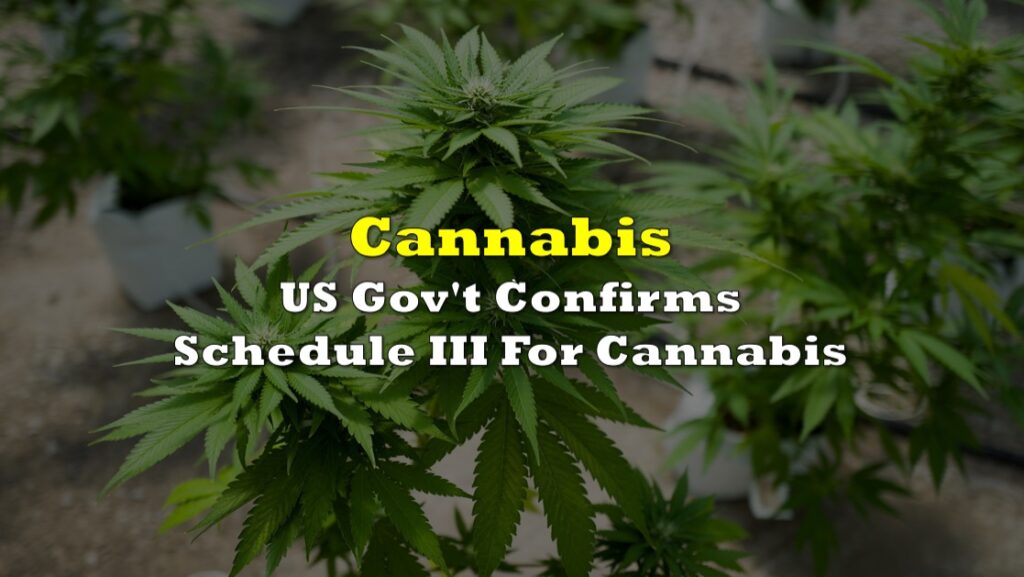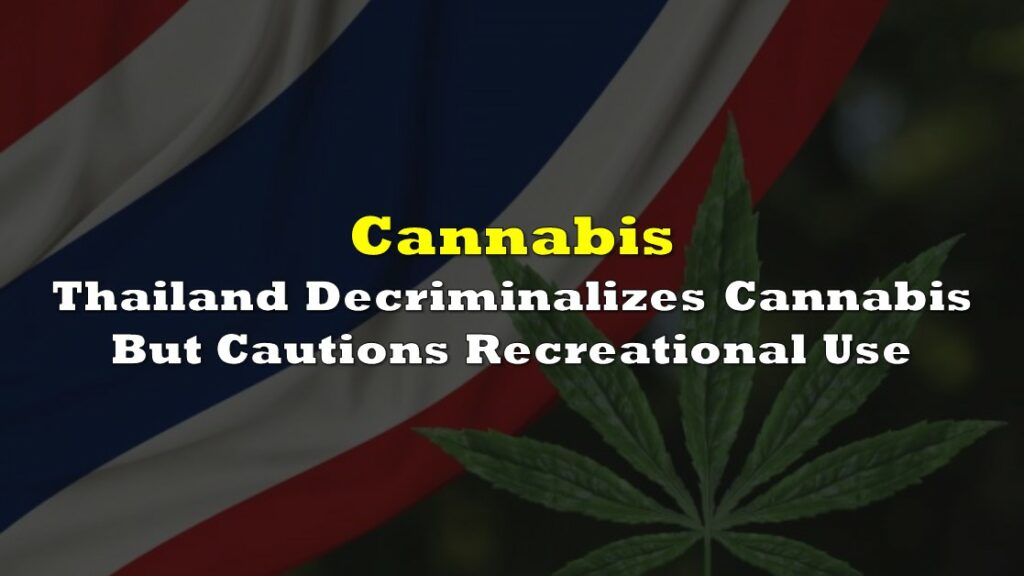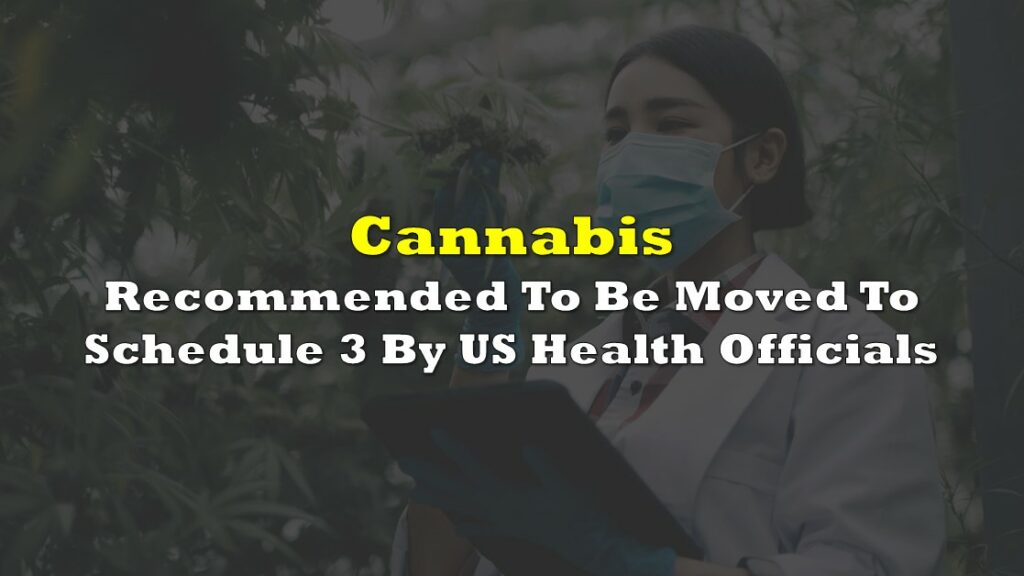In a recent testimony before the House of Representatives Committee on Oversight and Accountability, FDA Commissioner Robert Califf addressed key issues surrounding the long-awaited decision on rescheduling cannabis by the Drug Enforcement Administration (DEA). The remarks by Califf, analyzed by Pablo Zuanic of Zuanic & Associates, offer insights into the complexities and potential pathways forward in this contentious issue.
The spotlight on Califf’s testimony comes amid growing anticipation surrounding the DEA’s response to the rescheduling recommendation forwarded by the U.S. Department of Health and Human Services over seven months ago. Speculations abound regarding the timing of the decision, with political considerations such as the proximity to significant dates like 4/20 and the upcoming November elections being taken into account.
One of the central points of discussion revolves around the bifurcation of medical and recreational cannabis. Zuanic suggests that while progress is anticipated this year, the focus might primarily be on the rescheduling of medical cannabis. Califf’s remarks underscored the distinction between medical and recreational use, hinting at a potential incremental approach to federal legalization.
“He said, ‘medical cannabis is one thing when used for proven medical pathways, but then if it is used for recreational purposes there are no medical benefits in that case, and it does not fall into the typical FDA purview of regulations.’ In our interpretation, this would mean then that only medical cannabis can be rescheduled and not [recreational],” Zuanic wrote.
“Congress has to act”
During the hearing, Califf emphasized the need for Congress to take a leading role in determining the regulatory framework for cannabis. He highlighted concerns regarding the potential harm associated with recreational cannabis use, particularly in the absence of robust regulatory oversight. His remarks underscored a preference for congressional action over executive decisions in shaping the future of cannabis regulation.
“In the meantime, we continue to believe the DEA may decide to only reschedule medical cannabis (thus legalizing it at the federal level), while rec cannabis will be left to the states, until someday in the future ‘Congress acts’, in the words of the Commissioner,” the report added.
Addressing questions about the Food and Drug Administration’s (FDA) role post-rescheduling, Califf acknowledged the complexity of the topic, citing the multitude of cannabis varieties and the dominance of state regulations. He suggested that Congress should delineate the regulatory boundaries, positioning the FDA as a referee in the process.
Regarding the status of CBD, Califf reiterated the FDA’s stance that CBD does not meet the definition of a dietary supplement due to health concerns. He indicated that while citizen petitions have advocated for a dietary supplement classification, the FDA awaits congressional action to formulate a regulatory pathway for CBD products.
Information for this briefing was found via the sources mentioned. The author has no securities or affiliations related to this organization. Not a recommendation to buy or sell. Always do additional research and consult a professional before purchasing a security. The author holds no licenses.









